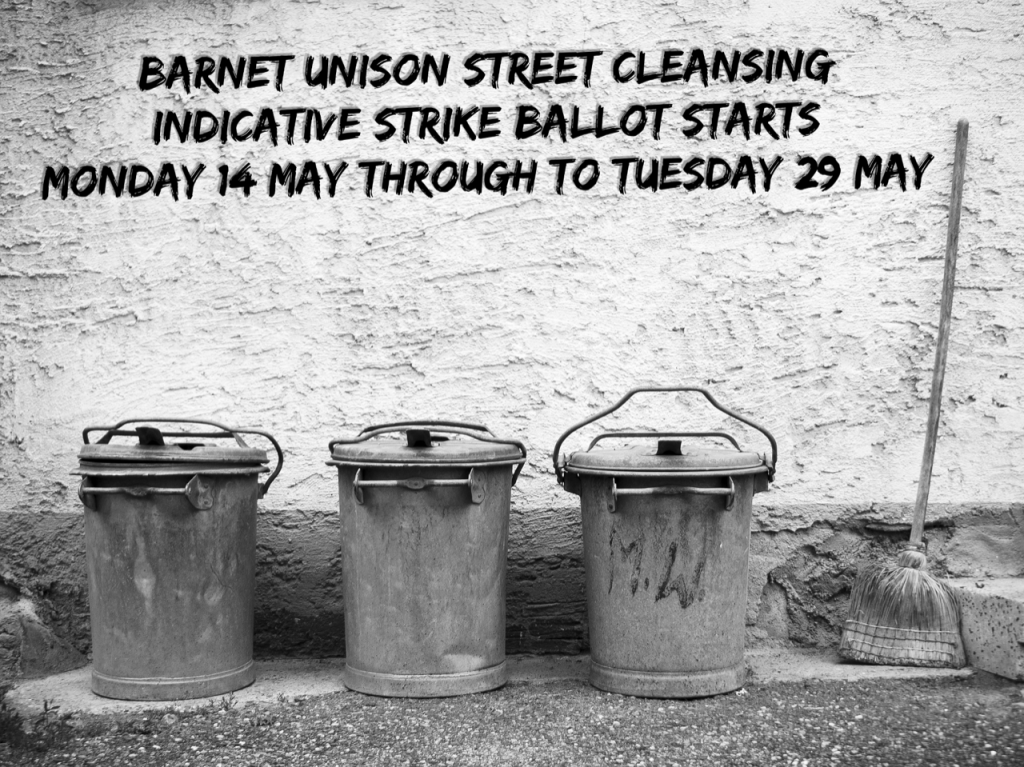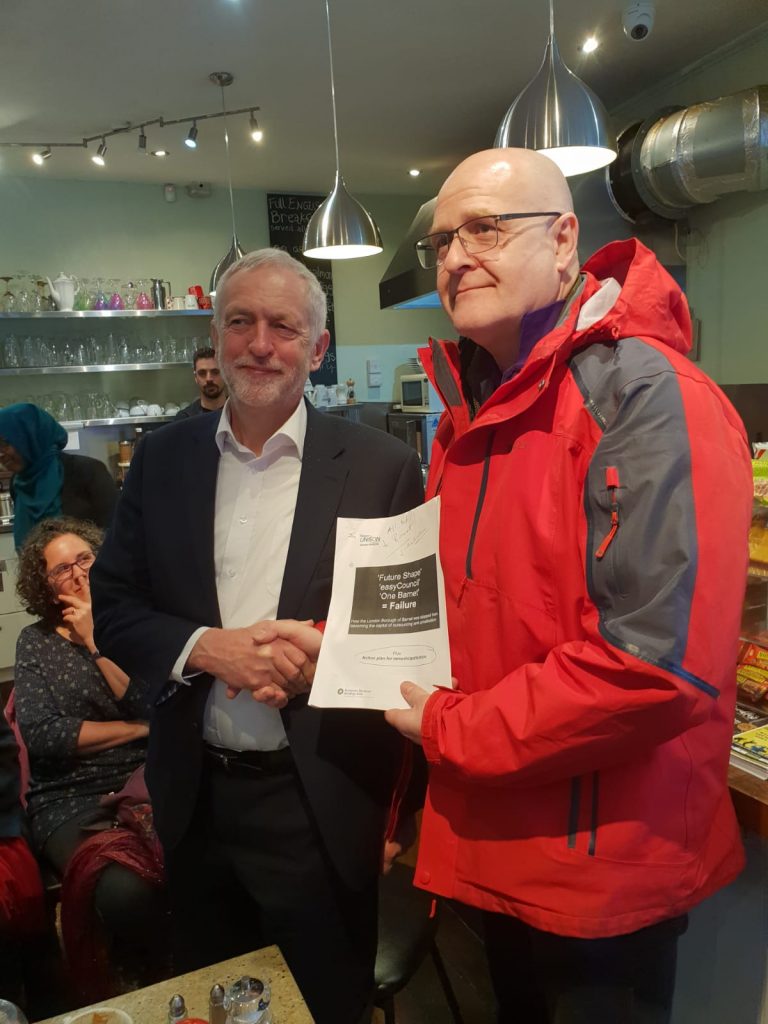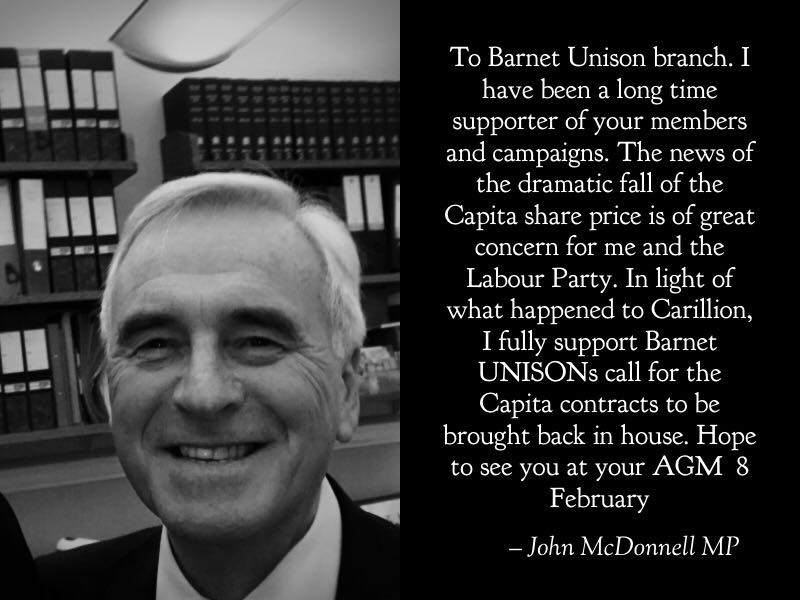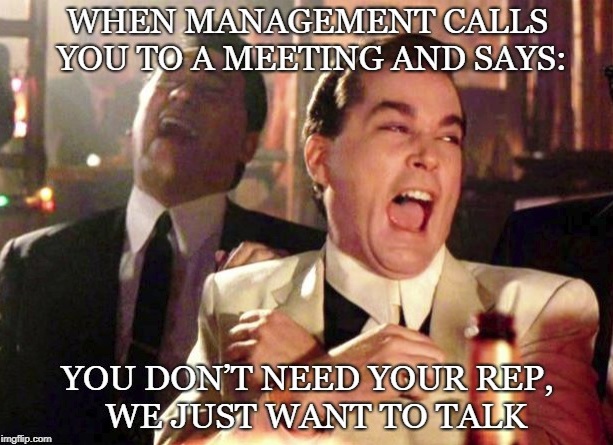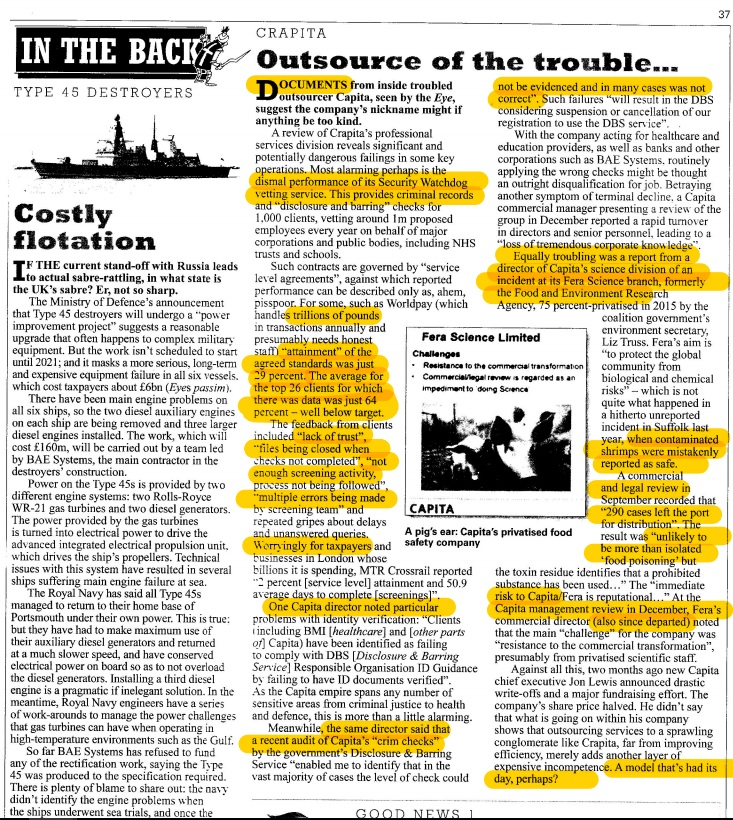Birmingham City Council CIO Peter Bishop on bringing IT back in-house. Reposted by Barnet UNISON
The council is winding up a controversial contract with Capita.
https://www.cio.co.uk/cio-interviews/birmingham-city-council-cio-peter-bishop-brings-it-back-in-house-3674416/
Birmingham City Council CIO Peter Bishop was handed a big task when he joined the local authority body in June 2017.
Europe’s largest council was winding up a controversial contract with much-maligned outsourcing giant Capita, and Bishop was put in charge of bringing IT services back in-house.
“My focus has been dominated by the negotiations that are involved with that,” explains Bishop, who serves as the council’s Assistant Director for Information Technology and Digital Services as well as its CIO.
“It’s a £45 million per annum contract. You can’t walk away from that without carefully considering all your options, and we’re not walking away, we’re just setting a very clear stall that we are going to migrate and become the systems and services integrator that Capita are at the moment.
“It means that I’ve got to redesign everything that we do, because [the contract’s] the best part of 12-years-old and your internal capacity and capability needs to be completely rethought to cope with that alone, let alone deliver any of the other stuff.”
Capita is currently responsible for all the procurement, management and support for IT services.
Now the council will take control of all of that, with the aim of simplifying operations and saving money from a deal that’s been derided for its cost.
The changes will be implemented over the course of three years. Year one will focus on preparing and designing the new model, year two on delivering it, and year three on stabilising as the Capita contract finally comes to an end.
Bringing the work done by Capita back under the council’s control will make a major contribution to the £43 million in IT cost base savings that Bishop’s been asked to m
“We’re applying the principles of simplify, standardise and share across everything we do in the IT services,” says Bishop.
“Every set of services that we buy are going to be looked at in terms of can we test the market and different service delivery options, and can we take advantage of technology that comes with those new service models.”
IT strategy
The Capita transition programme is part of a strategy signed off in 2016 that aims to simplify the council’s IT setup and put technology and information at the centre of its operating model
Other components include using data to support council staff and drive better services for citizens, improving information risk management and increasing workforce agility, productivity and collaboration.
The strategy also aims to improve how staff use employee and financial information and implement new service models that harness the power of digital in health and social care.
“There’s a plethora of stuff that’s in there. Things like how we can tackle homelessness through better joining up of data across the council, which is a great use case for our information management strategy.”
Innovation at the council
The council will be rolling out a number of new digital services to its citizens, including a new digital platform for local residents and businesses called the Brum Account.
The Jadu Continuum Platform provides users with 24/7 access to council services such as waste management. They can track requests in real time on the new services as they’re gradually added to the platform.
“It potentially covers anything and everything the council does,” says Bishop. “We’re focusing on the high volume transactions around waste, revenues, housing, repairs, and they’re starting with the high volume stuff because that drives most of the customer contact.
“It really gets people to think about how they deliver customer journeys. It also helps me with one of my other significant programmes of change, which is re-engineering the IT service model.
“For a council of our size, that’s very extensive. We need to reduce the proliferation of assets and data and technology that supports the business, which we can’t afford. The Brum Account is a great example of how you can uncover areas of technology which aren’t really adding any value, like multiple systems that are doing the same thing.”
Vendor strategy
Bishop takes a best-of-breed of approach to his vendor strategy, so the council can find the right product, reduce any duplications, and move from the private cloud into a hybrid public-private cloud.
He’s also creating an enterprise architecture approach to the solutions the council needs so it can take a strategic advantage of its investments.
“The important bit for me is that innovation needs to drive more value at the back end. We’re doing a European Union funded project around keeping people independent for longer by providing them with wearable devices tracking how much exercise they’re doing and we’re just using a local provider for that.
“If we could integrate that into our adult social care model to effectively prescribe a wearable Fitbit-type device to keep you energised for longer, then that’s the kind of thing we will work on.”
Birmingham’s digital future
Bishop joined the Birmingham City Council in June 2017, after two years as director of commercial and change at Worcestershire County Council.
He’s now swapped a two-tier conservative shire that’s politically stable with a limited political remit for a unitary body that is responsible for all the local government needs of more than one million people.
The city has its challenges, but it’s developing into a major tech hub, with a large and affordable talent pool, local tech networks including Silicon Canal and Innovation Birmingham, good transport links, and 18 universities within an hour’s drive of the city.
It will also be the host of the 2022 Commonwealth Games, which Bishop will use to build digital services and infrastructure that will have a long-term legacy.
“We want more than just a great games,” he says. “We want something that adds value back to the communities that are here. That’s why we’re thinking about how Openreach can put fibre to the premise, how we can deliver 5G in those key corridor areas that support games but don’t then become a permanent arrangement, and extending public Wi-Fi.”
His more immediate objectives include building a team that can deliver his digital strategy, implement some of the big procurement work to support the transition from Capita.
Bishop believes that he’s come to the UK’s second biggest city at just the right time, and that technology will help it have a bright future.
“Birmingham’s got great potential,” he says. “I think it might have lost its way for a bit, but it’s really getting it back together, and part of my role is to really drive that to help all my colleagues across the council and the citizens of Birmingham to get all the value they expect out of the money they give us.”
